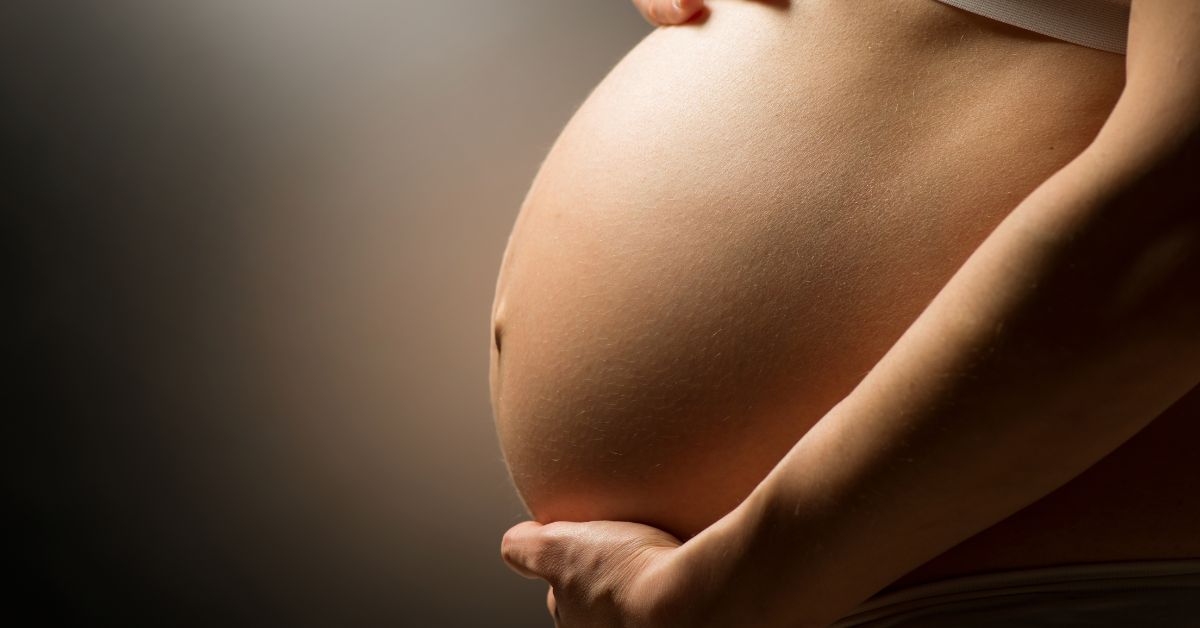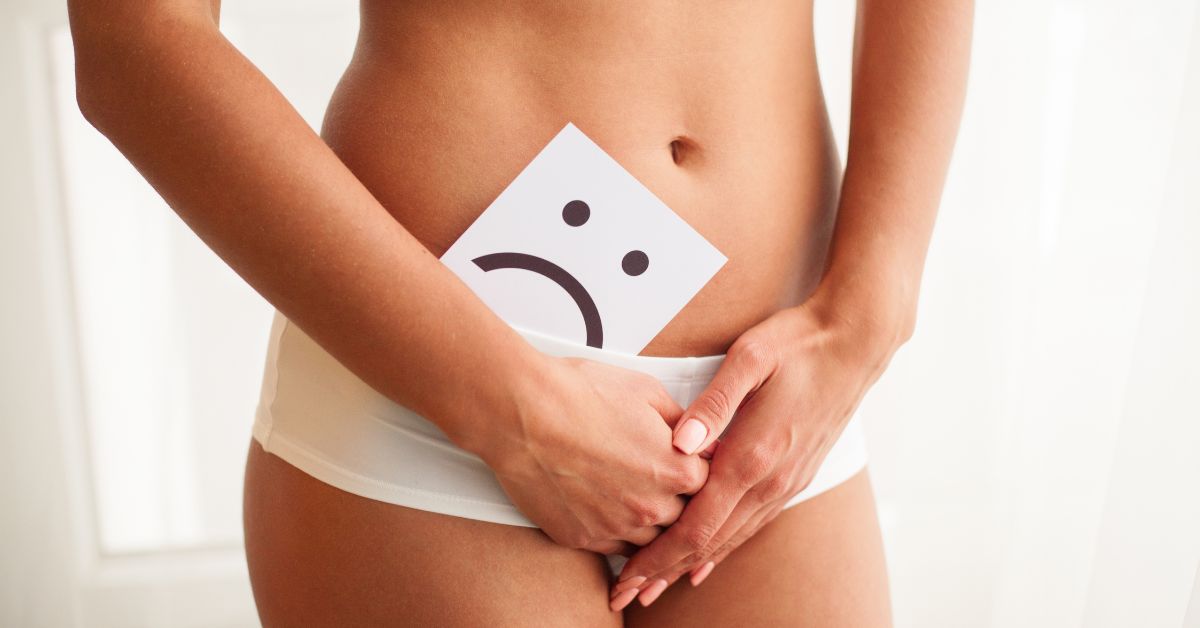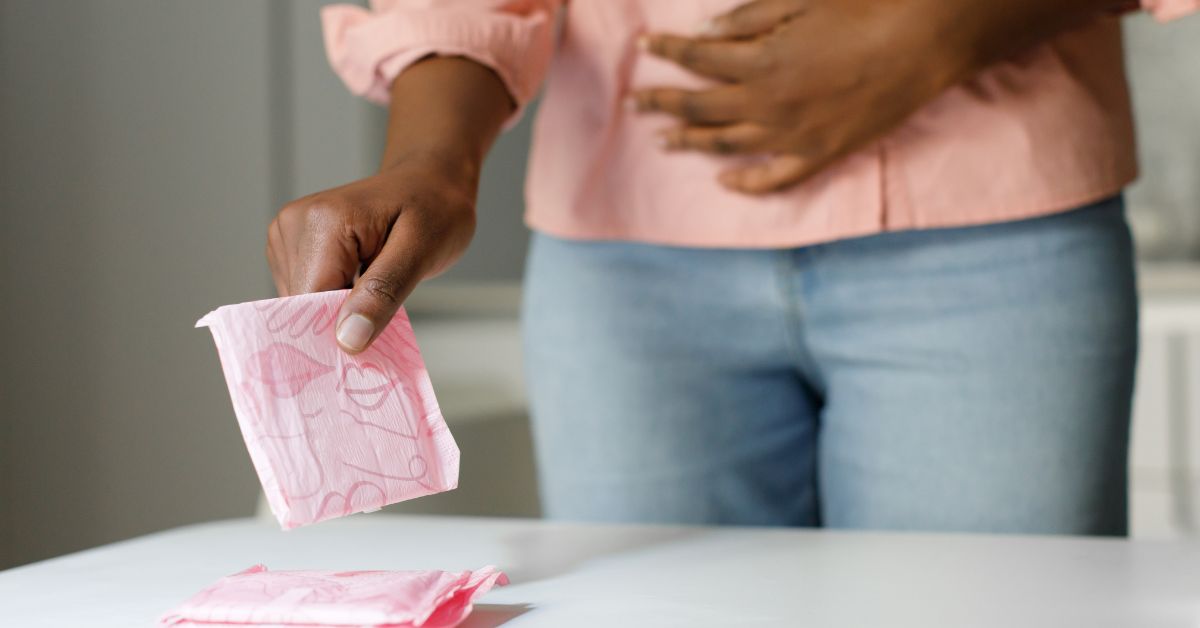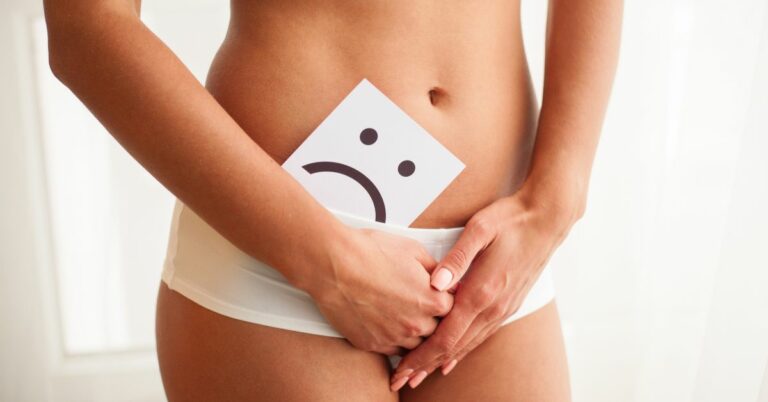Tubal ligation, also known as female sterilization, is a permanent method of contraception. This is an important decision, and understanding its potential effects is essential for making the right choice for your health and future. So, “does tubal ligation have any effects” Let’s explore this topic below!
Does Tubal Ligation Have Any Effects?
Tubal ligation is considered a highly effective permanent contraceptive method. After the procedure, eggs cannot meet sperm for fertilization, nearly eliminating the possibility of pregnancy. However, there is a small failure rate, about 0.5%, which can occur within the first year after the procedure.
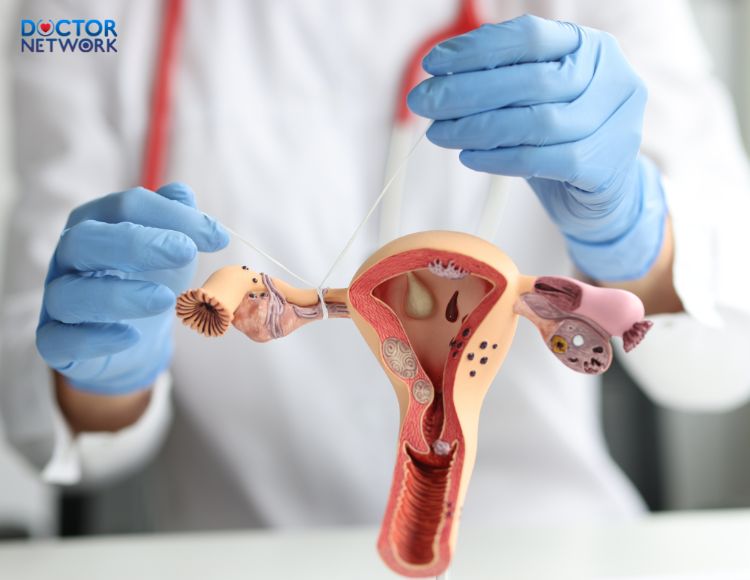
Tubal ligation is considered a highly effective permanent contraceptive method
Does tubal ligation have any effects? In some cases, it is possible to reverse tubal ligation to restore fertility. However, the success rate of the reversal surgery depends on various factors, including the initial tubal ligation method and the time elapsed since the surgery.
Effects of Tubal Ligation on Health
Tubal ligation is considered a safe procedure with low risk. Common short-term side effects include pain, bleeding, and infection. However, these symptoms are usually mild and can be managed with pain relief medication.
In the long term, some studies suggest that tubal ligation may reduce the risk of ovarian cancer, particularly ovarian epithelial cancer, the most common type of ovarian cancer.
Effects of Tubal Ligation on Sexual Life
Many women share that they feel more comfortable in their sexual life after tubal ligation because they no longer worry about unintended pregnancy. Tubal ligation does not affect sexual desire, the ability to orgasm, or female hormones.

Tubal ligation does not affect sexual desire, the ability to orgasm, or female hormones
However, some women may experience psychological issues after tubal ligation, such as regret, anxiety, or depression. It is important to discuss these concerns with a doctor or psychologist for support.
The decision to undergo tubal ligation is a personal one that requires careful consideration based on individual circumstances and values. Thoroughly researching the procedure, including its potential effects, is very important.
If you are considering tubal ligation, discuss it with your doctor for specific and comprehensive advice.
Related Questions About “does tubal ligation have any effects”
Does tubal ligation affect menstrual cycles?
Tubal ligation does not directly affect your menstrual cycle. Your ovaries will continue to function normally, producing hormones and eggs as before. However, some women may notice slight changes in their cycles after tubal ligation, such as heavier or lighter periods, or more severe menstrual cramps. These changes are usually temporary and will disappear after a few months.
Does tubal ligation cause pain?
The tubal ligation procedure is usually performed under general anesthesia or local anesthesia, so you will not feel pain during the surgery. Afterwards, you may experience mild pain in the lower abdomen, but this can usually be managed with standard pain relief medication.
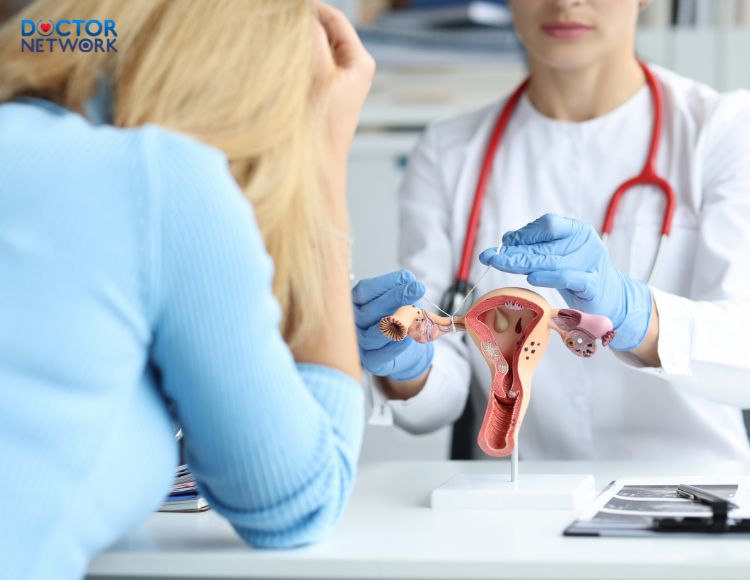
The tubal ligation procedure is usually performed under general anesthesia or local anesthesia
Can tubal ligation be reversed?
Although tubal ligation is considered a permanent contraceptive method, in some cases, surgery can be performed to reconnect the fallopian tubes and restore fertility. However, tubal ligation reversal surgery is more complicated and has a lower success rate compared to the original tubal ligation procedure.
Does tubal ligation affect sexual life?
Tubal ligation does not affect sexual desire, the ability to orgasm, or female hormones. In fact, many women report feeling freer and more comfortable in their sexual life after tubal ligation because they no longer worry about unintended pregnancy.
Does tubal ligation cause any long-term side effects?
Apart from short-term side effects such as pain and bleeding, tubal ligation does not cause significant long-term side effects. Some studies even suggest that tubal ligation may reduce the risk of ovarian cancer. However, a small number of women may experience psychological issues after tubal ligation, such as regret, anxiety, or depression.
Scientific Evidence on “does tubal ligation have any effects”
- Contraceptive Effectiveness: Studies show that tubal ligation is one of the most effective contraceptive methods, with a failure rate of only about 0.5% in the first year after surgery. (Source: Trussell J. Contraceptive failure in the United States.)
- Reversibility: Research indicates that the success rate of tubal ligation reversal surgery depends on various factors, including the initial tubal ligation method and the time elapsed since the surgery. The pregnancy rate after reversal can range from 30% to 80%. (Source: American College of Obstetricians and Gynecologists. Sterilization.)
The article above has provided information about “does tubal ligation have any effects” and related knowledge. I hope this article will be useful to you.
References:
Kiểm Duyệt Nội Dung
More than 10 years of marketing communications experience in the medical and health field.
Successfully deployed marketing communication activities, content development and social networking channels for hospital partners, clinics, doctors and medical professionals across the country.
More than 6 years of experience in organizing and producing leading prestigious medical programs in Vietnam, in collaboration with Ho Chi Minh City Television (HTV). Typical programs include Nhật Ký Blouse Trắng, Bác Sĩ Nói Gì, Alo Bác Sĩ Nghe, Nhật Ký Hạnh Phúc, Vui Khỏe Cùng Con, Bác Sỹ Mẹ, v.v.
Comprehensive cooperation with hundreds of hospitals and clinics, thousands of doctors and medical experts to join hands in building a medical content and service platform on the Doctor Network application.

















